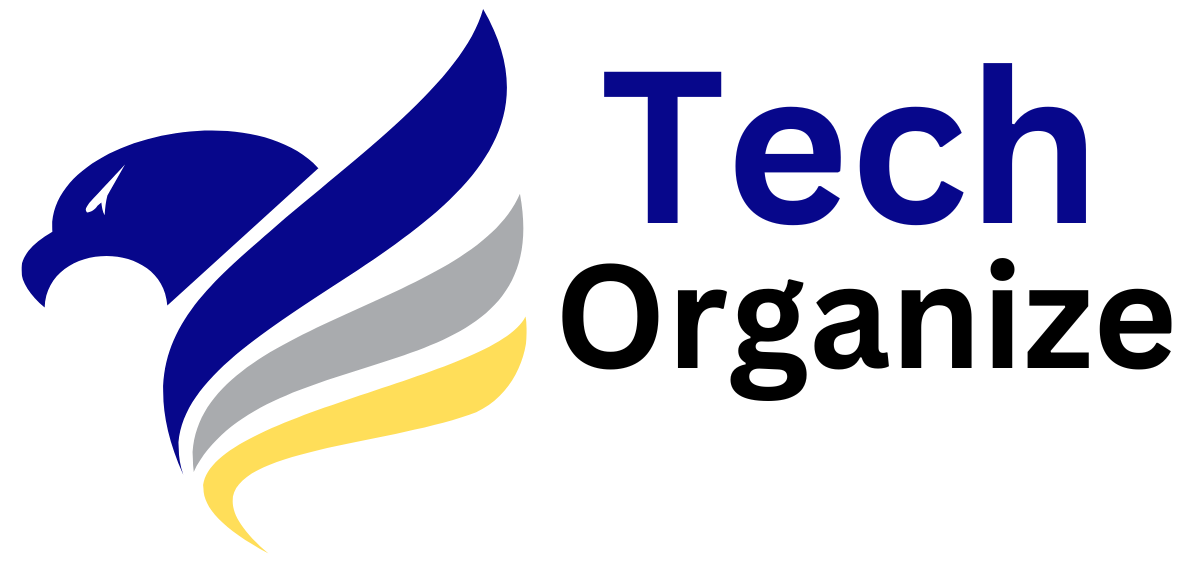In the run-up to the Summer Olympic and Paralympic Games, Kaspersky experts analyzed nearly 25,000 free Wi-Fi hotspots in Paris. Their research revealed that almost 25% of these networks had weak or non-existent encryption, leaving users vulnerable to the theft of personal and banking data. Only 6% of networks use the latest WPA3 security protocol.
The upcoming Paris Olympics, the first summer games to be held after the lifting of pandemic restrictions, are expected to attract thousands of tourists. Researchers from Kaspersky’s Global Research and Analysis Group mapped and assessed the security of open Wi-Fi networks that visitors could connect to.
The researchers analyzed 47,891 signal recordings in popular places and Olympic facilities in Paris, identifying 24,766 different Wi-Fi hotspots. They discovered that one in four (25%) of these networks have serious security weaknesses, such as weak or non-existent encryption, which makes them vulnerable to earvesdropping, decryption or hacking attacks.
In addition, almost one in five (20%) had verified with the WPS system, an outdated and easily hacked algorithm, making them particularly vulnerable to WPS attacks that could lead to data loss. Only 6% of the analyzed networks used the latest WPA3 security protocol.
“Like athletes training for the summer of sports in France, cybercriminals have also prepared an unpleasant welcome for the millions of people who will arrive in hotels, fan areas and events in Paris, creating points of fake access or compromise legitimate networks to intercept and manipulate data. Open and inappropriate Wi-Fi networks are particularly attractive to criminals because they allow the theft of passwords, credit card data and other sensitive data. ‘users”, comments Amin Hasbini, Head of the META research unit in GReAT (Global Research and Analysis Team) from Kaspersky. .
Using a Virtual Private Network (VPN), such as the Kaspersky VPN secure connection, provides an extra layer of security for those accessing open Wi-Fi networks. A VPN encrypts your internet connection, creating a secure connection between your device and the internet. This encryption prevents cybercriminals from intercepting data, even on unsecured networks. By hiding your IP address and encrypting all transmitted data, a VPN ensures that personal and financial information remains protected when using public Wi-Fi.
To learn more about Wi-Fi security in Paris, visit Kaspersky Daily. For safe use of public Wi-Fi, Kaspersky experts also recommend following the following tips:
- Avoid risky transactions: Avoid accessing bank accounts or other sensitive accounts while on public Wi-Fi.
- Check the network: Make sure that the network is legitimate by confirming with the facility that offers it.
- Enable firewall: Make sure your device’s firewall is active to block unauthorized access.
- Use strong passwords: Always use strong, unique passwords and enable two-factor authentication for extra security.
- Keep your software up-to-date: regularly update your operating system, applications and antivirus software to protect against the latest threats.
- Turn off file sharing: Turn off file sharing and AirDrop on your device to prevent unauthorized access.
The areas included in the survey are the following: Arc de Triomphe, Champs Elysees, Louvre Museum, Eiffel Tower, Notre Dame Cathedral, Seine, Trocadero, National Stadium of France.

